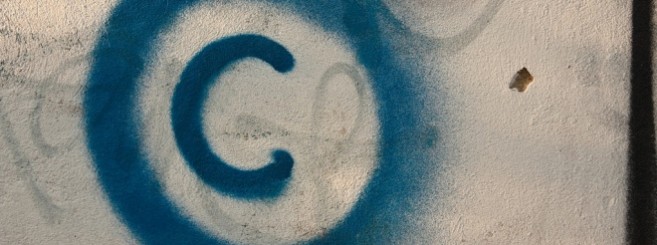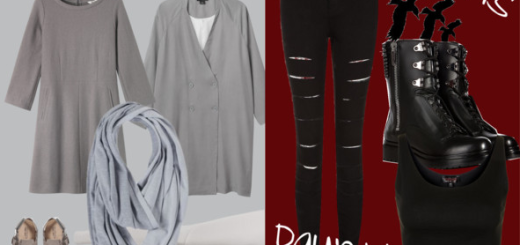How to protect your work online

One of the questions I receive most often from members of the Young Writers Society is how do you protect your work online? It’s a common concern, and unfortunately there’s no simple way to stop someone from stealing your work and calling it their own. However, when it does happen, there are a few things you can do.
First, though, it’s probably helpful to cover copyright protection. When you hold the copyright to something, you have the legal right to prevent someone else from copying or using your work without your permission. Fortunately, to obtain a copyright on your work, there is no effort needed on your part other than the effort expended in creating the work.
This is because copyright is automatic. At one time in the United States, you did need to include a copyright notice, but this has not been true since 1989. Nowadays, in nearly all countries across the globe, copyright is automatically granted upon creation of the work. All that’s required is that the work be original and tangible. Original just means it required some small level of creative effort (if it took you more than a minute to create, it easily qualifies), and tangible just means that you can either see or touch it.
Of course, not everyone will respect your copyright. So what do you do when this happens?
The first thing to do is to contact the administrator or owner of the website where your work was posted without your permission. If you do not receive a response, or you can’t find any contact information, try checking to see if they have a Facebook page or a Twitter account. Website operators are normally very quick to respond to anything that might be negative when its published in a very public area.
If this does not work, send a DMCA notice, or a takedown notice. These are easy to write up, and you can find plenty of sample letters online. To obtain the address to send it to, a major website will usually have a contact page with an address listed. With smaller websites, use www.domaintools.com to get the registration info and address of the website operator.
The beauty of the DMCA notice, though, is that you can also send it to search tools such as Google. Sending it to Google would lead to the removal of the plagiarized copy of your work from the search results. However, note that you need to specifically state the links that need to be removed.
If the DMCA notice fails, the next step is legal action, which is beyond the scope of this post. Needless to say, though, legal action is expensive and should only be considered in exceptional circumstances.
Last but not least, however, do not let the threat of plagiairism keep you from posting your work online! With literary works, the chances of someone copying your work is almost zero — most plagiarizers copy from well-known authors. On the other hand, the benefit of sharing your work with others is immense.










